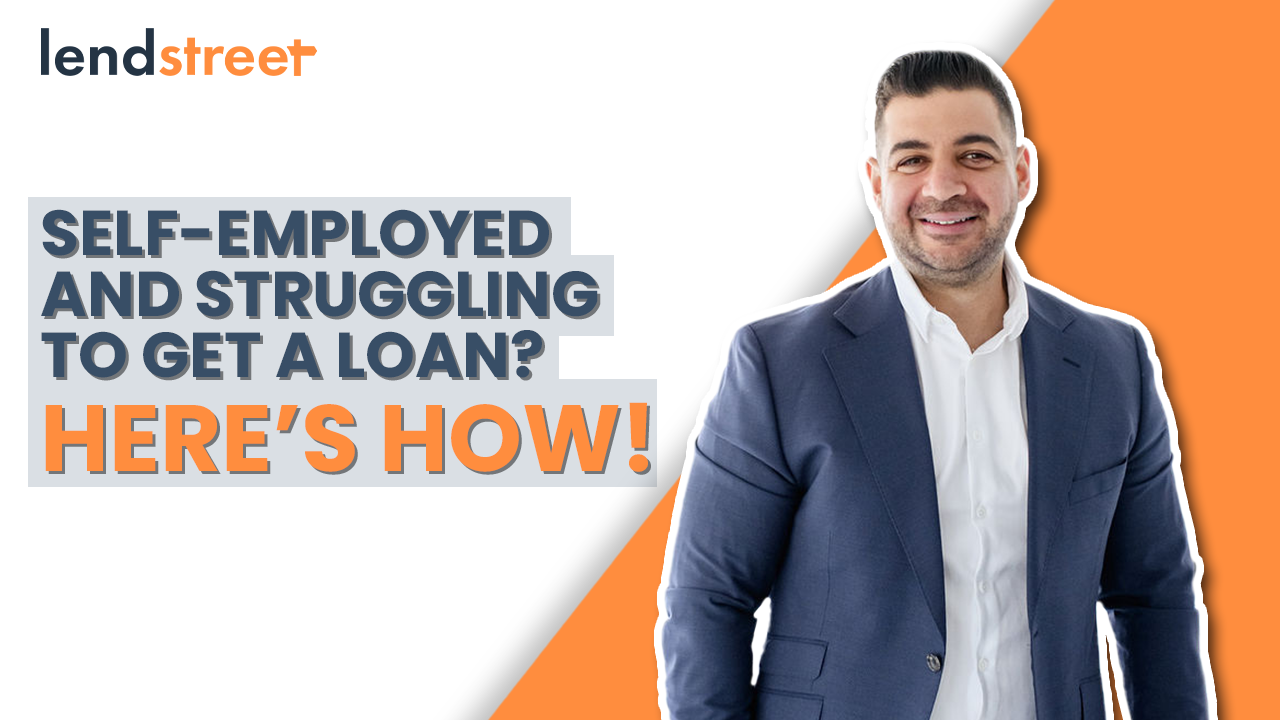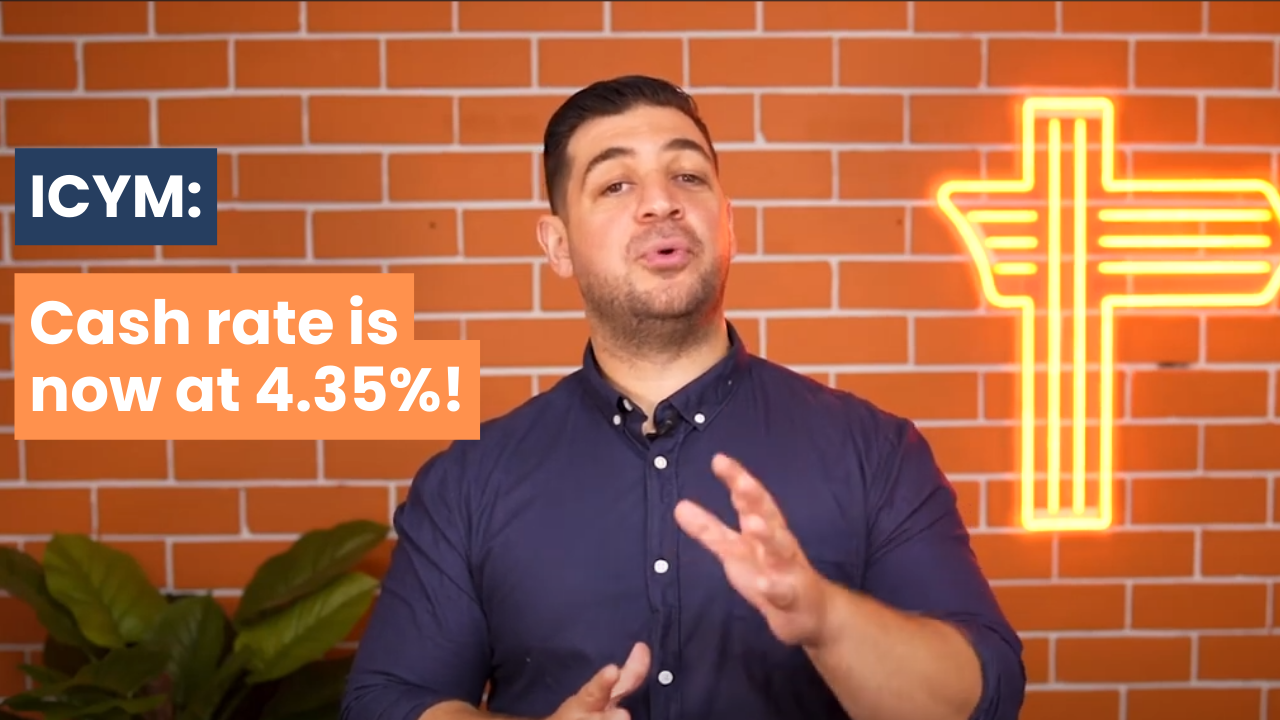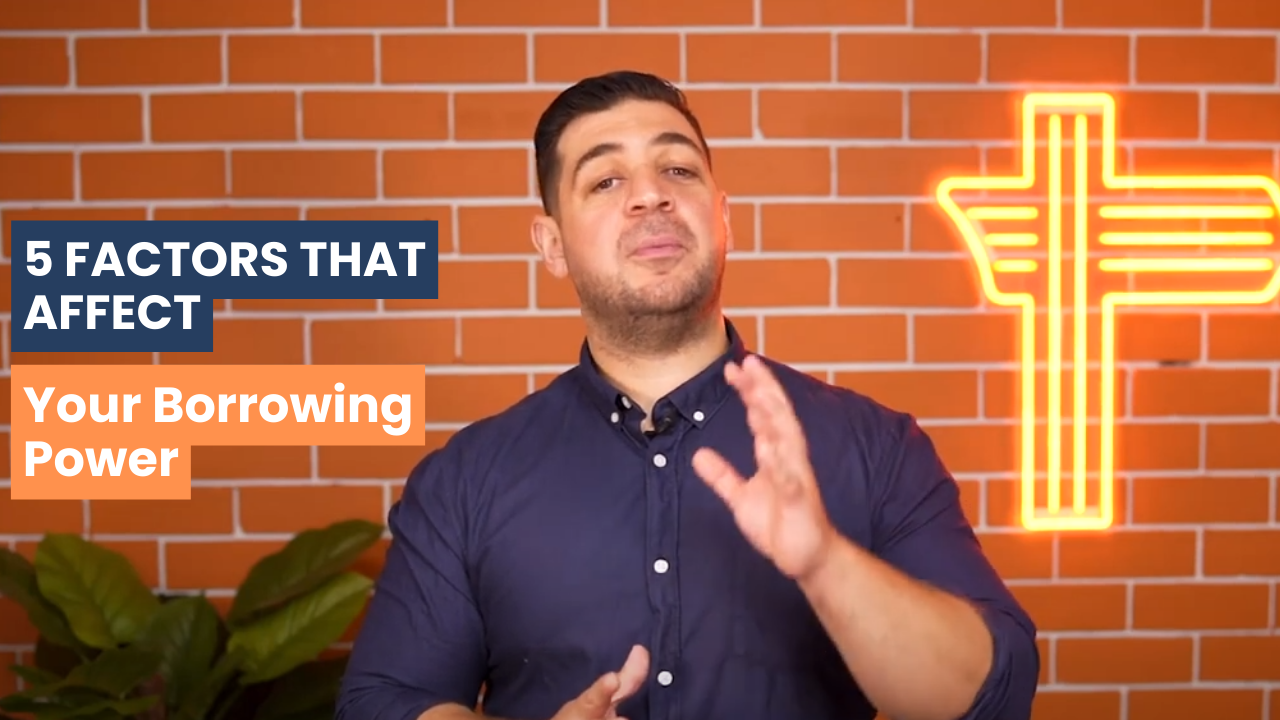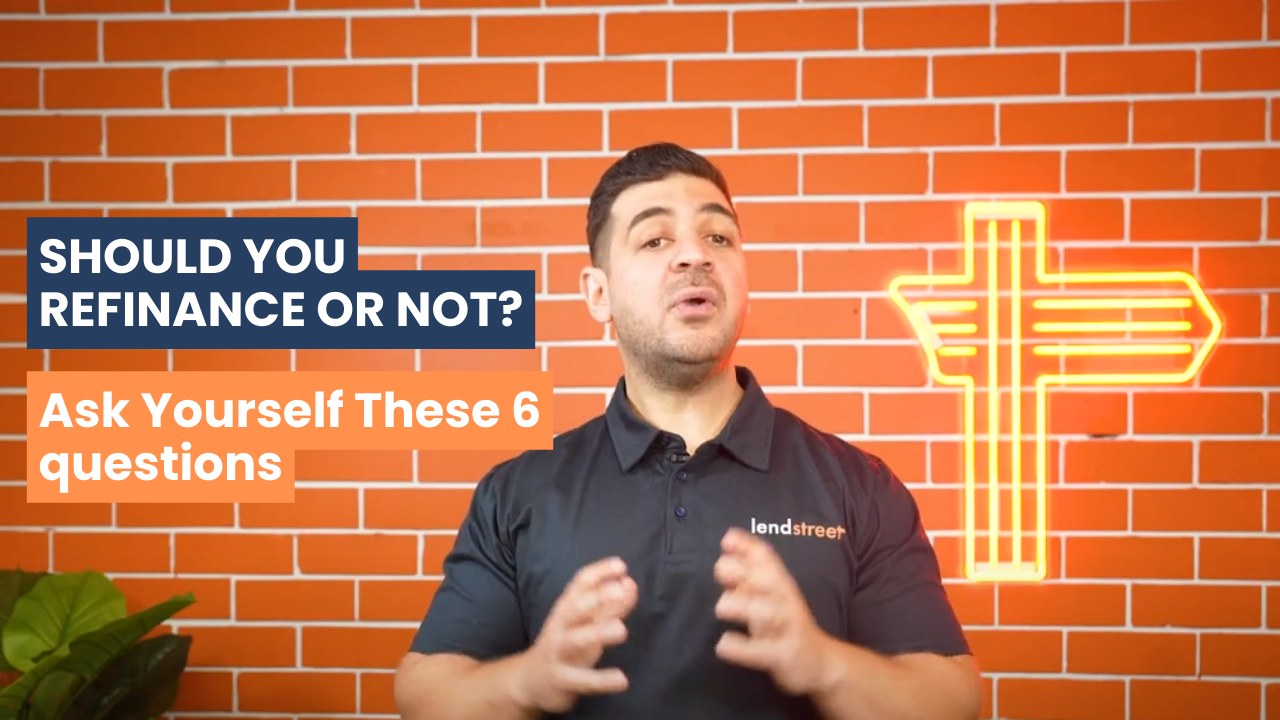Introduction
Are you tired of being turned down for a home loan because you’re self-employed and don’t have traditional income documentation? Look no further than Low Doc Home Loans! These loans are specially designed for individuals like you who have difficulty providing the usual paperwork that most lenders require.
In this video, we’ll dive deeper into what low doc home loans are, their requirements, and how they can benefit you. We’ll explain how these loans work, the types of income verification documents you may need to provide, and the eligibility criteria you must meet. We’ll also discuss the pros and cons of low doc home loans and offer tips to help you determine if this loan option is right for you.
So, whether you’re a freelancer, consultant, or small business owner, this video is for you! Join us as we explore low doc home loans and how they can help you achieve your dream of owning a home.
Transcript
0:00
Being self-employed can be a great way to be your own boss, set your own hours, and make your own income. Unfortunately, getting approved for a loan can also make it harder but don’t worry in this video we’ve got you covered. Hey everyone, Michael here from Lendstreet – helping you make informed decisions about your loan and finance needs. If you’re self-employed and confused about getting a loan, you’re not alone. The traditional banking system often discriminates against the self-employed, making it difficult to access the financial resources they need.
Why are the self-employed considered high-risk borrowers?
0:39
There could be a few reasons why this might be the case. One, their income might not be consistent. Two, some banks don’t consider them high income earners and three, their business or trade might be new and not profitable yet. However, there’s hope in the form of a low doc home loan.These loans are specifically designed for self-employed borrowers and can be a great way to get the funding you need.
But first, what is a low doc home loan, and how does it work? Well, let’s take a look. But before we start though, you should know that this video must not be construed as professional or financial advice. In particular, you should seek independent financial guidance from professional who can advise you on the best ways to proceed in your personal circumstances. Alright, let’s get into it. When you’re applying for a home loan, the amount of documentation required can be daunting. Traditional loans often require payslips, tax returns, and other personal documents. However, there’s another type of loan that requires less documentation – Low.
Low Doc Home Loans
1:34
Doc Home Loans. As the name suggests, Low Doc Home Loans are designed for borrowers who have difficulty providing the traditional array of documentation.Instead, these loans may rely on self-verification of income and supporting letters from an accountant or your bank. But now the question is, is a low doc home loan right for you? Typically, these loans are designed for
Low Doc Home Loans are recommended for whom?
1:54
people with the income and assets to purchase the property but don’t have the traditional financial documentation lenders require. This might include self-employed freelancers, small business owners or sole traders, investors who rely on their investment income, contract workers, casual workers, seasonal workers, or other ABN holders that fail to meet their required documentation for a loan application.
Some specific examples are home brewery owners, Uber drivers, real estate agents, event organisers, wedding photographers, interior designers, and personal trainers. If you don’t have the payslips or tax returns to show a regular income, you may qualify for a low doc home loan. However, you’ll need to provide other documentation such as bank or asset statements to prove your ability to repay the loan. Now that you know what a low doc home loan is and who they’re
Requirements
2:40
for, let’s talk about the requirements needed to apply. You simply need to provide your ABN or your Australian Business Number, your business activity statements or your BAS or both which should be easy for you to locate. You’ll also need recent bank statements and in some cases, you may be required to complete an income declaration form to verify your income. This is simply a self-verification that asks you to confirm that all the information included is accurate and that you can meet their loan repayments. Some lenders may also request a clarification letter from your accountant and your GST registration details. But overall, the requirements for Low Doc Home Loans are relatively straightforward. When it comes to low doc mortgages, the amount you can
How much can you borrow through a Low Doc Home Loan?
3:19
borrow may depend on the interest rate attached to the loan. You may have to accept a higher interest rate to borrow a larger amount. However, your trusted mortgage broker will guide you through which lenders would accept your application and advise you on how much you can borrow and they will also help you find the best Low Doc Home Loan interest rates. In most cases, you’ll be offered a standard home loan rate when applying for a low doc mortgage which could help you borrow up to 60% of the property’s value. If you’re hoping to borrow up to 80% of the property’s value, interest
Considering a Low Doc Home Loan? Contact Lendstreet!
3:47
rates will increase and you may have to consider a slightly higher interest rate to secure your home. Anyway, that’s it from me guys. If you’re considering a low doc home loan and need any assistance, you can contact us at Lendstreet. I hope you found this video informative. If you did, remember to hit the SUBSCRIBE button and stay tuned for more tips and advice to help you make informed decisions about your loan and finance needs. See you next time!
Other related videos
Introduction They’re at it again. The RBA has raised the cash rate by 25 basis points to 4.35%. The ...
Watch on YouTube Transcript 0:00 There are several important factors that may be taken into account ...
Watch on YouTube Transcript 0:00 When is home loan refinancing the right thing to do? The ...








